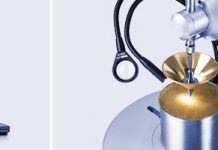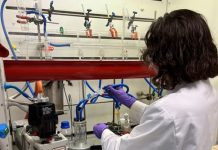The new Health Protection Research Unit in Chemical Threats and Hazards – led by researchers from the University of Leicester’s Centre for Environmental Health and Sustainability – seeks to create a step-change in our ability to assess and monitor environmental exposures and risks to health.
The funding is part of £80 million announced by the National Institute for Health and Care Research (NIHR) for research to protect the public from health threats including chemical hazards and air pollution. This includes long-term threats – such as antimicrobial resistance and climate change – and acute or emerging threats, such as pandemics and chemical, biological, radiological, and nuclear incidents.
£77 million will fund 13 NIHR Health Protection Research Units (HPRUs) across the country from 1 April 2025, forming a key research element of the national health security infrastructure.
The HPRUs are partnerships between UK universities and the UK Health Security Agency (UKHSA). By delivering high-quality collaborative research, the HPRUs support UKHSA in its objective to protect the health of the public, enabling it to prepare for and respond to major or emerging health protection incidents, as well as building an evidence base for health protection policy and practice.
The HPRU in Chemical Threats and Hazards aims to strengthen existing UK systems to measure environmental exposures and understand how they affect the body. It will develop new technologies to detect chemicals in emergency situations and investigate whether environmental exposures affect the living organisms found in lungs, gut and skin, that support good health.
HPRU Director, Professor Anna Hansell, explained, “A vital part of the success of this HPRU will be the involvement of the public and patients, both of which helped shape the proposal, with concerns expressed about chemical exposure in the home, moulds, noise and air pollution. Our work will also consider people from a range of different social and cultural backgrounds to see if this affects being exposed and if it increases risks to health.”









